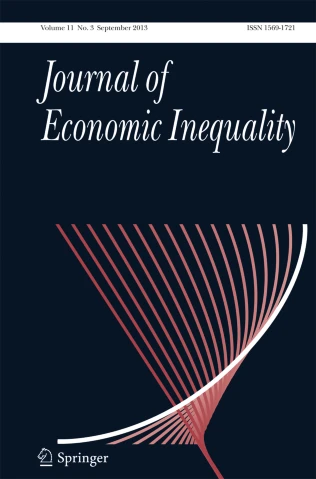Abstract
Using a large, representative survey involving 31 countries, we establish stylized facts about the attitudes toward cross-country economic inequality and their correlates. This question has been surprisingly understudied for a topic so important to our globalized 21st century. We present a simple and intuitive theoretical framework for thinking about cross-country inequalities. Then, we show that people’s perceived and desired levels of domestic inequality and their assessment of their relative socio-economic status closely correlate with how they think about cross-country economic differences. The objective socio-economic status of the individual matters less. Though the impact of country-level variables is less pronounced than individual characteristics, concern about cross-country economic inequality is stronger in more affluent countries and countries with lower income inequality. Our findings illustrate that attitudes toward international economic inequality are intrinsically linked to within-country characteristics, especially to attitudes toward domestic economic inequality.


